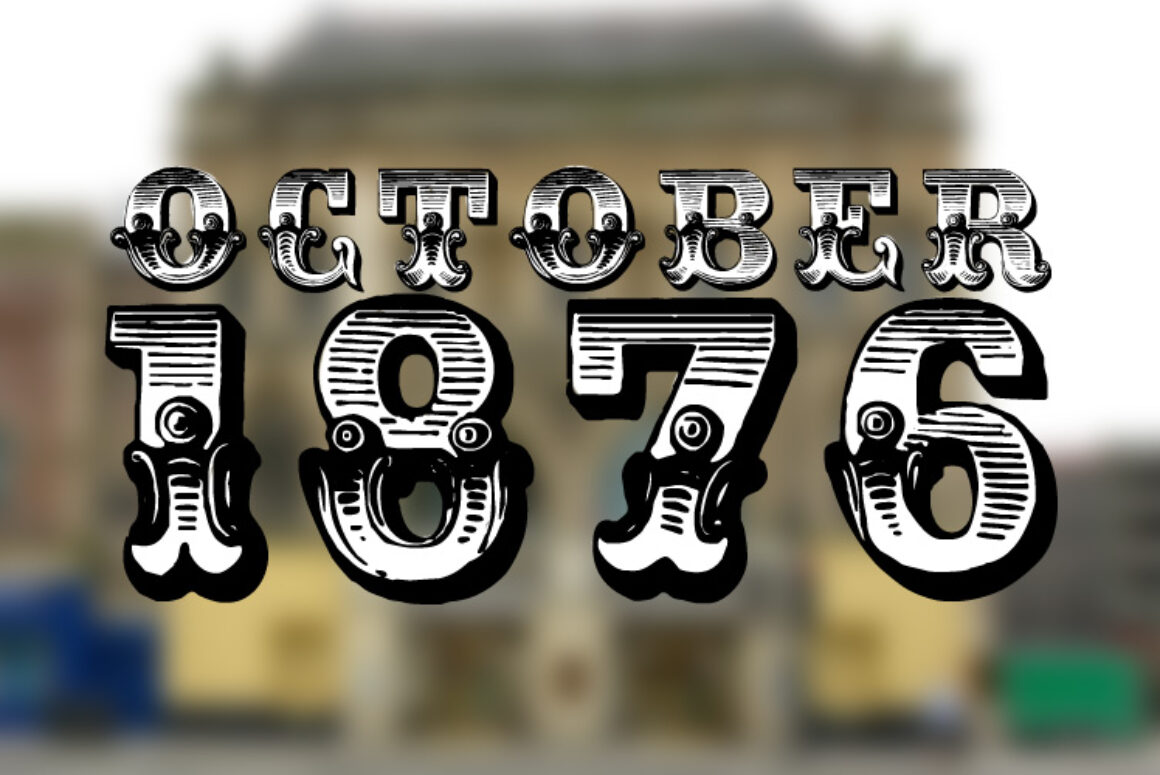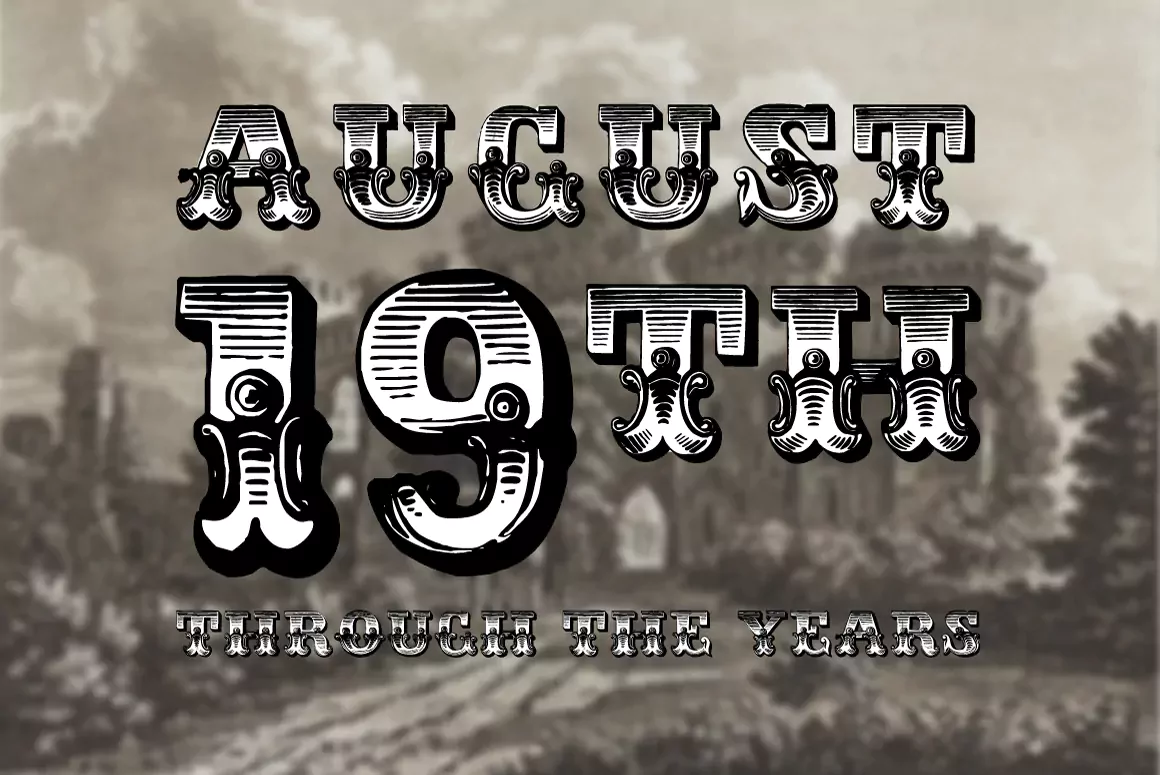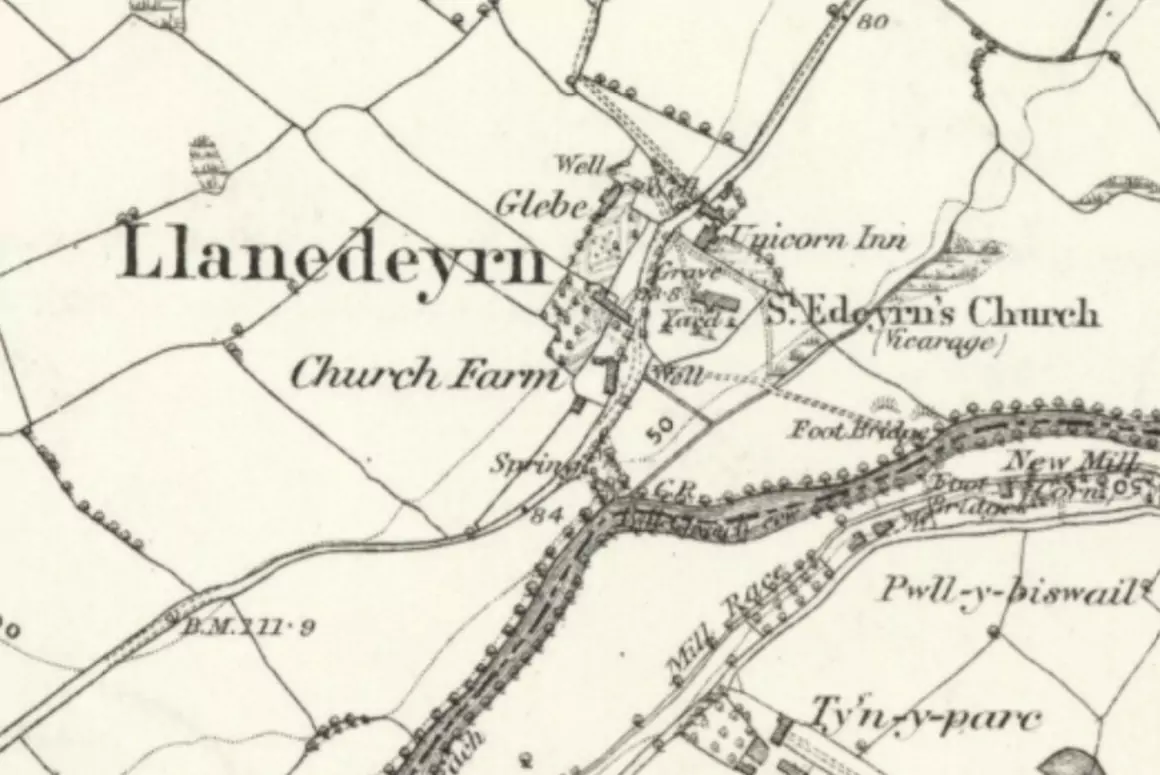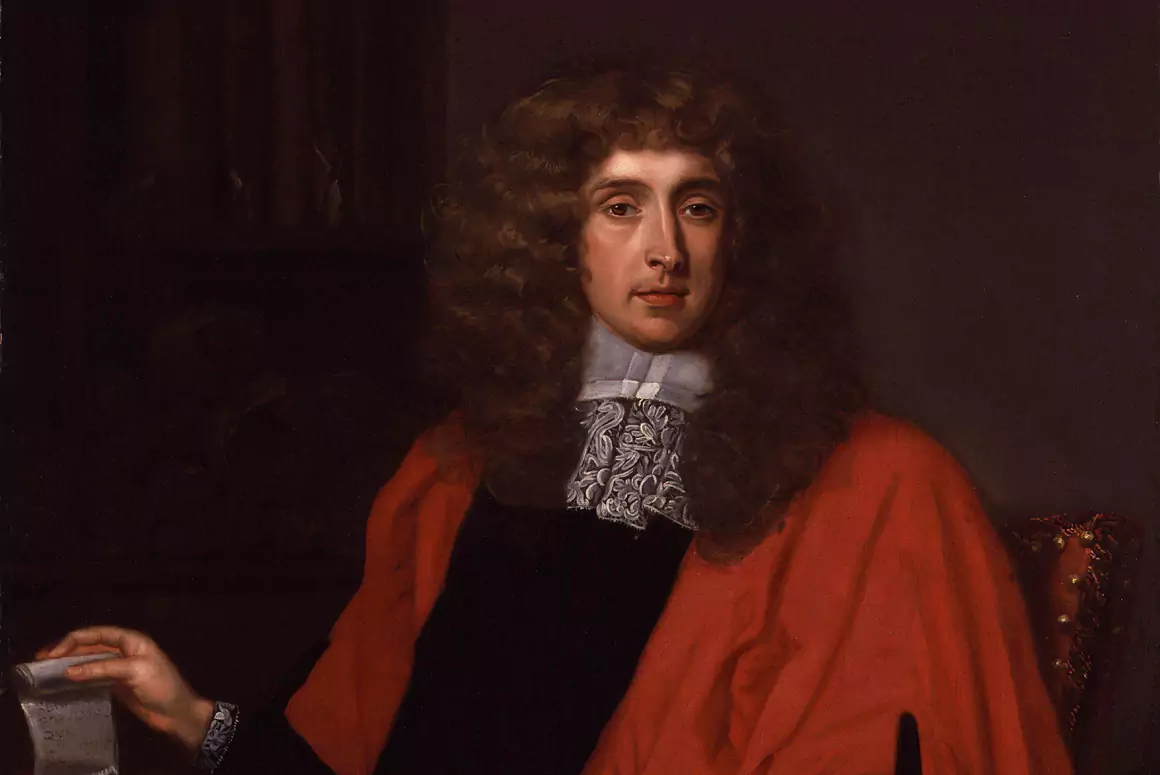![]()
In his review of a play called ‘Quarter of a Million Company’, at the Theatre Royal, Cardiff, the critic of The Cardiff Times finds occasion to praise some of the acting he has seen. You will probably be very pleased to hear that, ‘Mr Wright displays a remarkable aptitude for low comedy parts,’ and that he admires Mr C. Douglas who shows ‘what a pampered and illiterate menial can be.’ The part he plays ‘reminds one forcibly of the realities that one occasionally sees.’ Occasionally? Does this man walk around Cardiff with his eyes closed?
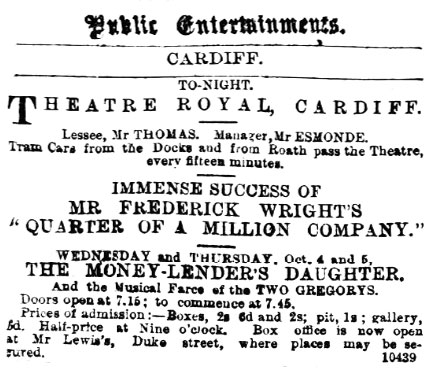
He also objects to the villain in the play, the woman-hunting Lord Hawkleigh, a character who arouses ‘a feeling of utter repugnance in the mind of every spectator possessing the slightest spark of honour.’ Perhaps he couldn’t see the audience very well from where he was sitting, He is portrayed as an ‘odiously callous libertine’ and it is clear that the good people of Cardiff should not have to watch characters like this on the stage. ‘The public exhibition of his indecent conduct towards the opposite sex is, to say the least, somewhat revolting.’
The following week he reviewed a variety show at the Theatre Royal, when ‘tragedy gave place to very light comedy.’ Certainly in his opinion his present company provided exceedingly varied entertainment. However he was unhappy about ‘the monstrously aggravated waits between the pieces,’ and was horrified when they changed the advertised programme. It was a ‘chilling disappointment’ not to see the burlesque of Jack Robinson Crusoe. The company must deliver to the Cardiff playgoers the programme promised ‘or they will always hiss his company, as they did last night.’ Who indeed could blame them?
He offers more helpful advice the following week, when he reflects upon the poor quality of the material that the actors have to work with. ‘They do try to please, and if they do not always succeed, it is owing rather to their choice of plays and the barrenness of the materials.’ Their current performance was called Constancy, an impassioned drama. ‘Though not inferior in point of literary merit to the general run of modern dramas, this play has a looseness of construction and an improbability of plot which render its favourable reception a matter of considerable doubt.‘ Thank goodness he never had to endure the featureless desert of daytime television.
On this occasion, however, the editorial in The Cardiff Times chose to examine social issues rather than consider their critics literary reservations. It believed completely in the ‘Promise of good things at the new circus, and the series of cheap concerts just commenced at the Stuart Hall.’ These were vitally important, for they were seen as ‘the only means for winning young men and women from baser pleasures and more ignoble pursuits.’ That’s asking a lot I’d say of dramas like ‘Quarter of a Million Company’ and ‘Constancy’. We are told that The Society for the Prevention of Drunkenness, who must still today have work to do in Cardiff, ‘has sought to attain its ends solely by means of the policeman; it now remains to be seen whether the charms of music will exercise a better effect than the majesty of the law.’

And so the answer was, quite naturally Bullock’s Royal Marionettes, which performed to a packed house every night at the Stuart Hall. It was, we are told, ‘an entertainment carried through by inanimate objects but which to the eye appear endowed with all the attributes of living beings. The puppets, which are generally as large as adults, walk, dance, or run, and seem to talk and with all the ease and grace of the living subject.’
Their appointment as assistants in St David’s Shopping Centre is long over-due, but I digress.
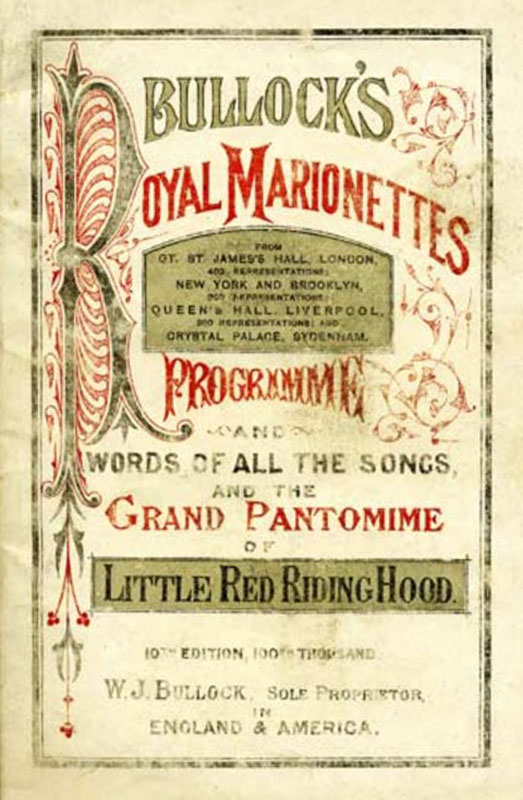
It provided thrills from beginning to end. A puppet Blondin walks along a tight-rope , two Irish-themed puppets do a song and dance, Tommy, a one-legged sailor sings a duet with his wife, a couple of contortionists tie themselves in knots and ‘three heathen Chinese sing a celestial song to an antipodean tune.’ I think I would have liked to have seen Pete and Barney, two eccentric mules. Is there any other kind?
It is not really surprising that the puppets did the kind of things that the complicated arrangements of human bones and muscles usually prevent, like swallowing your own head or juggling with your own bones. Evolution has not always given sufficient thought to entertainment, in my opinion.
The evening concluded with a puppet pantomime of Little Red Riding Hood, with ‘pretty fairies and frightful ogres, no end of good people and bad people, a most voracious wolf and a talkative magpie…The whole stage was a conspiracy of infernal machines.’
The scenery was apparently ‘magnificent, and so well-proportioned that one forgets it is only a miniature representation.’ Hidden voices provided the dialogue and the obligatory fairy scenes possessed ‘all the gorgeous splendour of the Christmas pantomimes at the theatres and the concluding transformation scene is one of the most brilliant and artistic productions of the kind ever produced in Cardiff.’ So it was a highly regarded entertainment and the paper is eager to tell us that ‘there was nothing to beat this in variety, in fun and frolic, and in completeness of detail. It a people show, and all kind of people, big and little, can find in the strange antics and life-like evolutions of the funny little puppets something to admire, something to laugh at, something which, long after the entertainment is over, will provoke a smile or call up a pleasant recollection. The grotesque little figures dance and sing, or seem to sing, and keep up an incessant flow of wit and humour.’
Grotesque little figures? I had a class just like that once. Apart, of course, from a complete absence of wit and humour. They never drove me to drink (well, not often) but I can assure the editorial team of The Cardiff Times that ‘the charms of music’ on an evening such as this would have done little to prevent my own inexorable slide into drunkenness and abject poverty.


